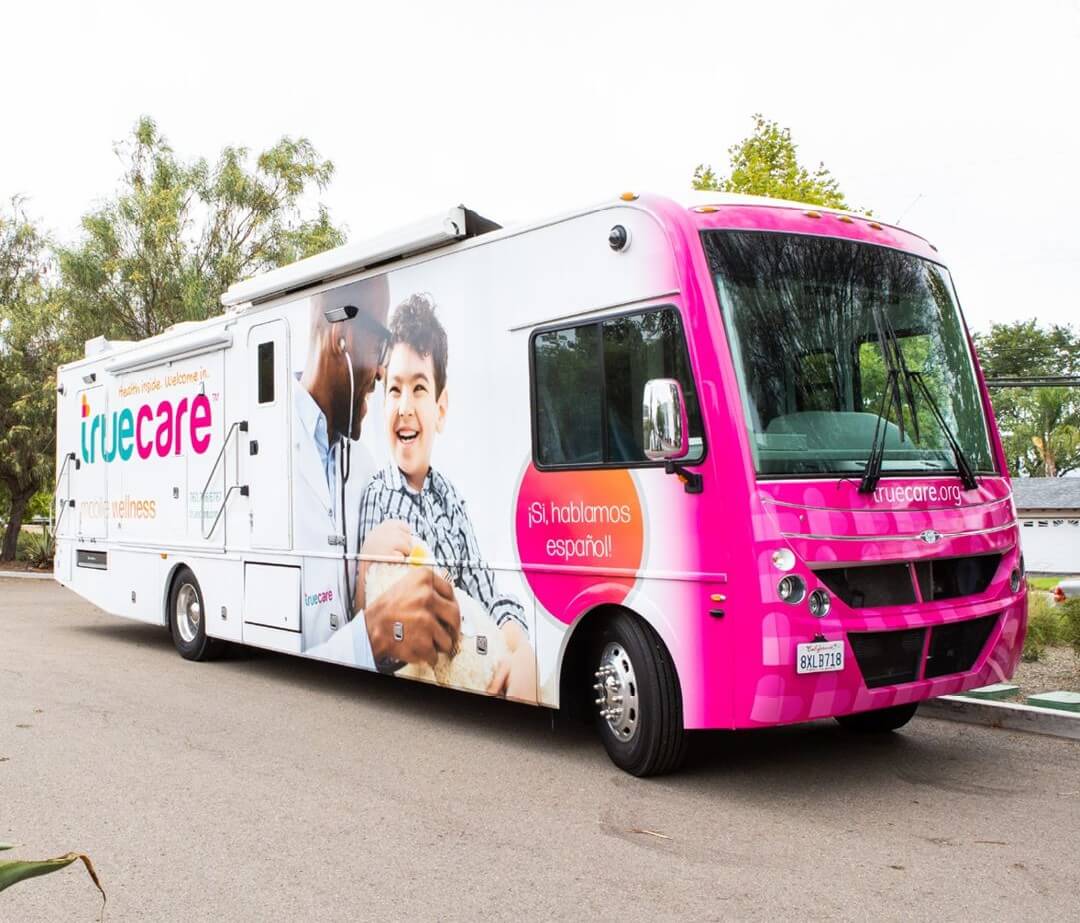Increasing the impact of mobile healthcare though telemedicine

Combining telemedicine with mobile healthcare has the potential to improve the quality of healthcare and make it more efficient.
Over the years, mobile clinics have revolutionised the healthcare industry, bringing much-needed healthcare services to individuals in decentralised areas. The convenience of mobile health clinics to be at any location ensures that no citizen is left without access to quality, affordable healthcare within their community.
Other impacts of mobile clinics in delivering healthcare include:
- Accessibility: Mobile clinics are improving access to care, serving uninsured individuals, and operating in low-income communities.
- Comprehensive care: Mobile health clinics are as well-equipped as doctors’ consulting rooms and clinics. This means that patients receive comprehensive primary healthcare without having to seek out district hospitals.
- Quality healthcare: In addition to being subject to the same regulations, compliance, and quality assurance as hospitals and clinics, mobile health units are further exposed to internal and external audits by the Department of Health and Office of The Health Ombudsman. These regulations ensure that patients receive the same level of quality care from professional medical practitioners at a low cost.
Telemedicine can play a huge role in further advancing the impact mobile clinics have. What is telehealth and what are the healthcare services that can be provided through telehealth? Telehealth or telemedicine connects patients to vital healthcare services using technology. Some examples of this are:
- Enabling patients to communicate with healthcare providers via videoconferencing.
- Sending and receiving messages from a healthcare provider via secure messaging or email.
- Remote monitoring of vital signs to help healthcare providers stay informed on patient’s progress.
Many conditions ranging from chronic diseases to mental health can be monitored remotely through app-based solutions that connect patients to their providers.
If mobile clinics implement the use of telehealth, it will offer increased access to specialists (who would otherwise not be reached) located far away from patients residing in rural/remote areas, eradicating the need for travel, and time off from work. It would also address physician burnout by reducing clinicians’ drive times and allowing time to service more patients. Furthermore, in a virtual consultation, primary care providers within the mobile clinics can get input from specialists in other locations should they have questions about patient diagnosis or treatments, allowing them to give better care.
Most importantly, telehealth allows Healthcare providers to send patients valuable information to equip them to manage their health at home. This information includes notifications or reminders for rehabilitation exercises or to take medication, suggestions for the improvement of diet, mobility or stress management, detailed instructions on how to continue care at home, and encouragement to stick with the treatment plan.
Virtual care technology provided by telehealth saves patients time and money and reduces patient transfers, emergency room and urgent care centre visits. By combining telemedicine and mobility, we provide support to an exposed section of the population through sustainable and flexible solutions. It also allows clinicians to record patient data in real-time, increasing the number of patients they can treat and enabling them to treat patients across much wider areas.
Using both telemedicine and mobile health clinics has the potential to not only improve the quality of healthcare but make it easier and more efficient for people to get healthcare across South Africa.
